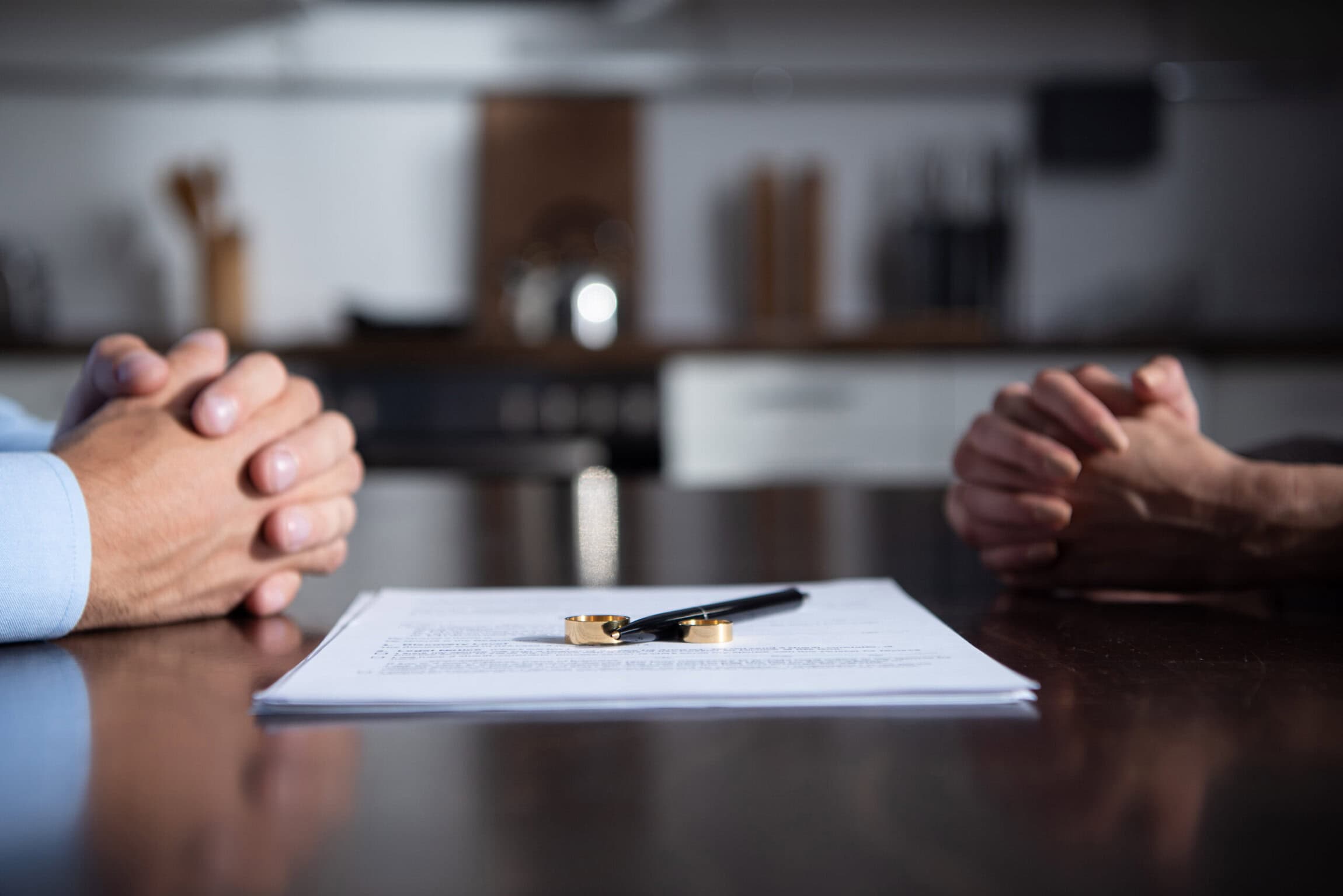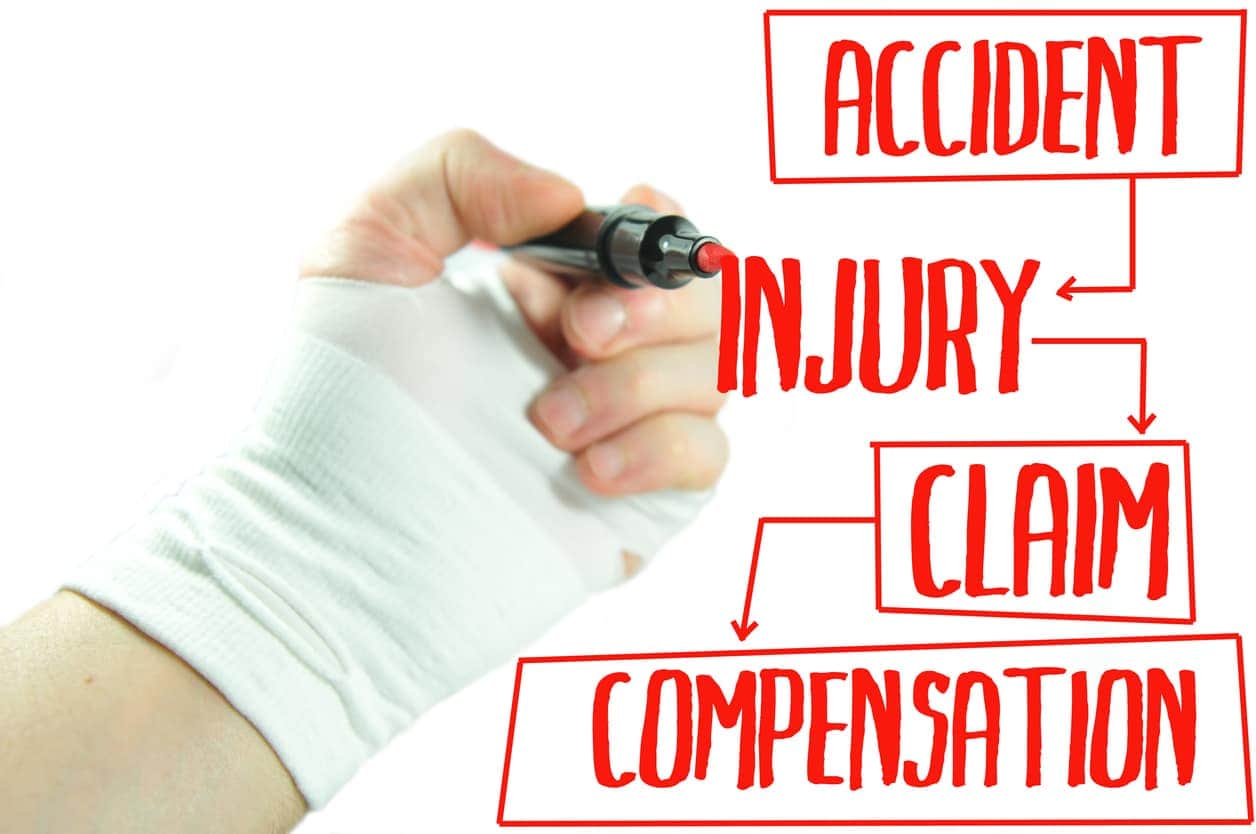When you and your spouse agree on everything, the divorce process can feel straightforward. You might even wonder: do I need a divorce lawyer if we agree on everything? It’s a common question, and the answer depends on a few key factors that can impact your future long after the divorce is finalized.
At Renfro & Renfro, we know that even the simplest divorces can hide legal pitfalls. Our goal is to make sure you are protected from unexpected complications that could arise years down the road. Let’s walk through when you might need a lawyer.
What Is an Uncontested Divorce?
An uncontested divorce happens when both spouses agree on all the major terms of their separation. This includes how property and debts will be divided, whether one spouse will pay alimony or spousal support, how custody and visitation will be handled if children are involved, and the amount of any child support. Because there’s no dispute, uncontested divorces usually move faster, involve less stress, and cost less than a contested divorce. In some states, an uncontested divorce may even be called an absolute divorce when all conditions are satisfied. However, even with complete agreement, it’s critical to follow the legal steps carefully to ensure the divorce is final and enforceable.
In an uncontested divorce, attention to detail is everything. Even minor paperwork errors or overlooked terms can delay the final approval or create future legal challenges. A well-drafted, uncontested divorce ensures that no surprises arise years after the paperwork is signed.
Do I Need a Divorce Lawyer If We Agree on Everything?
If you and your spouse agree on all terms, it’s possible to handle your divorce without a lawyer. However, there are risks to consider:
- Filing divorce papers correctly: Mistakes can cause delays or even a dismissal.
- Protecting your legal rights: You might unknowingly give up important rights if you don’t fully understand the law.
- Making your agreement enforceable: Courts require specific language and proper documentation to approve divorce agreements.
- Navigating Virginia-specific rules: Every state has different filing and procedural requirements.
At Renfro & Renfro, our attorneys have guided clients through both amicable, uncontested divorces and high-conflict cases. We know that even the most straightforward agreements can hide legal pitfalls, and we help clients protect themselves without creating unnecessary conflict.
Getting a lawyer involved, even for a review of your agreement, can offer peace of mind that your divorce will hold up in court and meet all of Virginia’s legal requirements. Seeking legal advice early can help you avoid costly mistakes.
Pros and Cons of Handling Your Divorce Without a Lawyer
Here’s a quick breakdown:
| Pros | Cons |
| Lower legal costs | Risk of paperwork errors |
| Faster timeline | Possible loss of legal protections |
| More control over the process | Agreement may not be enforceable |
| May work well if no complex assets or children are involved | Could lead to future disputes |
Even in an uncontested divorce, the risks often outweigh the benefits if you’re not 100% confident in the legal process. It’s important to weigh your confidence in completing each legal step correctly against the court fees, emotional stress, and financial risks of mistakes.
Situations When You Should Still Talk to a Lawyer
Even if you and your spouse agree on everything, certain situations make it wise to consult an attorney. For example, if you have minor children, custody and support arrangements can quickly become complicated and require careful planning to protect everyone’s interests. Similarly, if you share real estate, retirement accounts, or own a business together, dividing these complex assets fairly and legally is crucial to avoid future disputes.
Significant marital debt can also be a red flag; proper legal advice ensures debts are divided appropriately and enforceably. If you suspect that your spouse might be hiding assets, an attorney can help uncover financial information and safeguard your rights. Finally, even when everything seems amicable, having a legally airtight settlement agreement can prevent costly legal battles down the road.
A lawyer’s role isn’t to stir up conflict; it’s to make sure your agreement is complete, enforceable, and designed to protect your future. Even a brief consultation can reveal important issues you might not have considered.
How a Divorce Lawyer Can Help Even in an Amicable Divorce
Having a lawyer doesn’t have to mean starting a fight. In fact, a good divorce attorney can help:
- Review your agreement to ensure fairness
- Draft and file all necessary paperwork
- Navigate complex financial issues (like splitting retirement accounts)
- Spot potential problems you may not have considered
- Prevent future legal disputes
An attorney’s expertise often extends to anticipating future changes, such as custody modifications or retirement account rules, that you might not realize could affect your agreement. It’s often less expensive to hire a lawyer before problems arise than to fix mistakes after the divorce is finalized.
DIY Divorce: What to Expect If You Proceed Without a Lawyer
If you decide to file your divorce without legal representation, you’ll need to complete all the necessary divorce papers yourself and make sure they are filed correctly with the appropriate Virginia court, depending on your jurisdiction. Depending on your case, you may also be required to attend a hearing where the judge will review your agreement. If the paperwork is missing information, incorrectly completed, or fails to meet Virginia’s specific requirements, the court can delay your case or dismiss it altogether.
Handling your divorce on your own is possible, but mistakes in the process can easily cost you time, money, and future headaches. Minor omissions or unclear language can make enforcement difficult later, especially if circumstances change.
Virginia’s divorce process has specific filing requirements, property division laws, and custody rules. At Renfro & Renfro, we ensure your uncontested divorce meets all Virginia legal standards, minimizing delays and protecting your future.
Key Documents You’ll Need for an Uncontested Divorce
Even in a straightforward divorce, you’ll need several important documents to make sure the process goes smoothly. These typically include:
- A divorce complaint or petition to formally start the process,
- A marital settlement agreement outlining the division of property and responsibilities,
- Financial disclosures detailing each spouse’s assets and debts,
- Child custody and support agreements if minor children are involved, and
- A final decree of divorce, which the court must approve to make your divorce official.
Each of these documents serves a critical role in finalizing your divorce case and ensuring your agreement is enforceable. Missing just one element can lead to court delays, additional costs, or unexpected legal challenges down the line.

Common Mistakes to Avoid When Handling Your Own Divorce
Many people believe that an uncontested divorce is too simple to cause problems, but that’s not always the case. Common mistakes include filing paperwork incorrectly or missing important court deadlines, which can delay or derail your divorce proceedings. Others fail to include critical details in settlement agreements, leading to confusion and conflict later. Financial oversights, like mishandling the division of retirement accounts or failing to consider tax implications, can cause major headaches after the divorce is finalized.
Some people even agree to terms they don’t fully understand, unknowingly giving up rights that could have protected them. Once a divorce judgment is granted, undoing mistakes can be legally and financially challenging. Seeking legal advice early on can prevent these costly errors and provide peace of mind that your agreement will stand the test of time.
Protect Your Future, Even If You Agree Today
While it’s possible to get a divorce without a lawyer, it’s not always wise. Mistakes today can cost you far more in time, money, and stress later on. Having a knowledgeable attorney by your side can prevent misunderstandings and protect your future rights.
At Renfro & Renfro, we help clients navigate both simple and complex divorces. Whether you agree on everything or need help ironing out a few details, we’re here to make sure your future is protected.
FAQs About Divorce Without a Lawyer
Can we use one lawyer for both of us?
No. A lawyer can only ethically represent one spouse in a divorce, even if it’s uncontested. Each spouse’s interests must be independently protected. Some lawyers may try to represent both parties in a divorce, but if any dispute arises, that attorney would be conflicted out of representing either party moving forward, requiring both parties to hire new counsel and then would have to pay for the new attorney’s time to get up to speed on the case. Having your own attorney ensures that you received unbiased advice for what is in your best interest and can help you save money on legal fees if a dispute arises.
How much does an uncontested divorce lawyer cost?
Costs vary, but uncontested divorces are typically much more affordable than contested cases. Renfro & Renfro offers flexible services tailored to your needs, whether you want full representation or just document review.
What happens if we agree now but disagree later?
If your final agreement isn’t legally solid, disagreements later can be difficult and expensive to fix. That’s why getting it right the first time matters. An enforceable settlement agreement protects you if circumstances change down the road.






